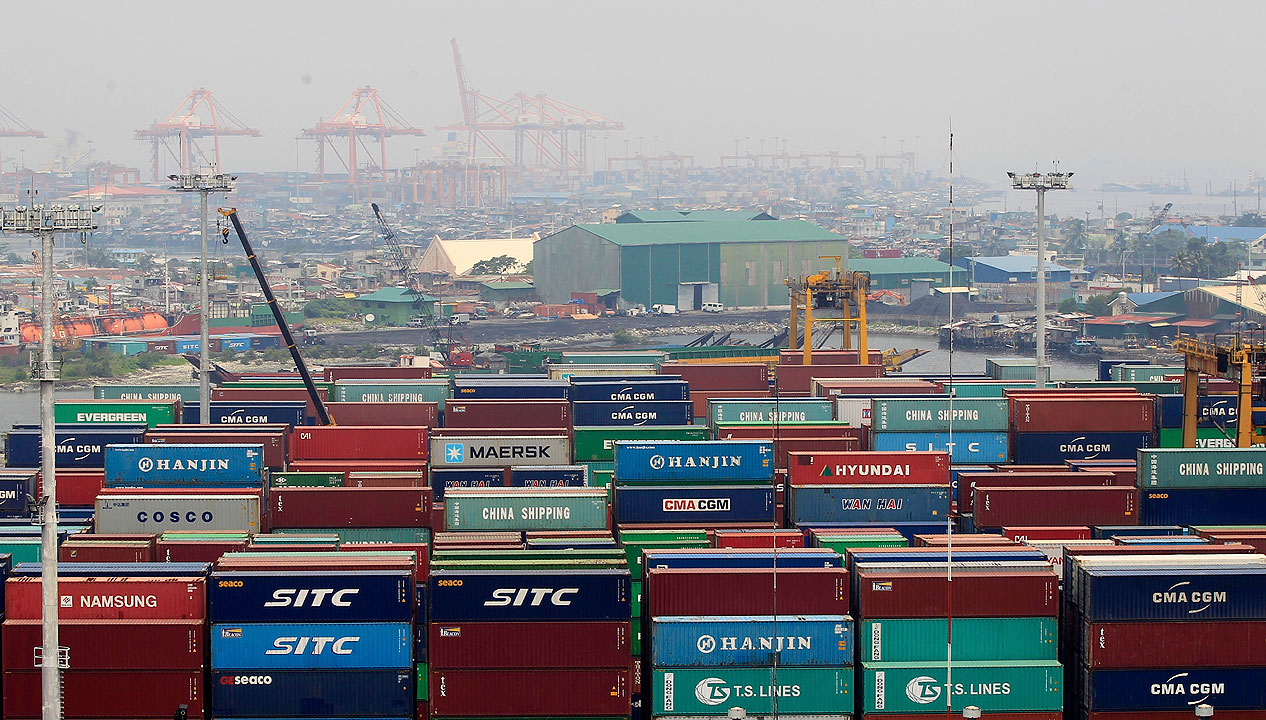PHL banks face moderate risk from corporate segment amid global uncertainty

PHILIPPINE BANKS face moderate risk from their exposure to corporates as the uncertain global macroeconomic environment could affect businesses’ capacity to repay their debt, Moody’s Ratings said.
“Banks in Indonesia and the Philippines face a moderate level of risk, despite having lower levels of corporate leverage relative to regional peers,” Moody’s Ratings said in a report dated Oct. 6.
“For the Philippines, corporate asset risks stem from high counterparty concentration which could result in material credit impact on banks in the event of corporate default,” it added.
The debt watcher said Philippine banks’ operating environment is stable. However, in terms of risk factors, it flagged moderate risks from the pace of corporate debt growth, the proportion of nonperforming and underperforming corporate loans, and capitalization and loan loss buffers.
Meanwhile, it sees low risks from corporate leverage levels, the proportion of debt to corporates with weak debt servicing capacity, and foreign currency debt risks.
Moody’s Ratings said the ongoing global trade uncertainty could affect economic credit conditions in Southeast Asia, which would affect companies’ debt servicing ability.
However, the potential impact could be less in countries like the Philippines as its economy is more domestically driven with low reliance on trade, compared to those with significant trade exposure to the United States and China, like Vietnam and Thailand.
This comes even as banks in the Philippines have the greatest exposure to corporate loans in the region, making up 73% of total system loans at end-2024, Moody’s Ratings said.
“This increases the banks’ vulnerability to corporate asset risks amid a deterioration in the financial health and debt repayment abilities of corporates, where the credit impact could be material given the much larger ticket sizes of these exposures relative to non-corporate borrower segments.”
It, however, noted that this share is beginning to decline as Philippines banks are now focusing on growing their retail lending portfolios to boost their margins as interest rates go down.
Meanwhile, the growth in new corporate nonperforming loans (NPLs) is also expected to be contained amid supportive operating conditions and easing interest rates, Moody’s Ratings added.
“Corporate NPLs have moderated over the past few years, and in 2024, delinquencies in the corporate segment were below the systemwide average in most banking systems. This was partly because of a post-pandemic recovery in economic activity, as well as an uptick in retail delinquencies, particularly in the Philippines, Vietnam, Thailand and India,” it said.
“For most economies in the region, we expect corporate NPLs to remain below the systemwide average as the majority of corporates have adequate financial buffers to cope with rapidly changing economic and trade conditions, compared to SME (small and medium enterprises) and retail borrowers… Most banks in the region maintain adequate loss-absorption buffers to withstand some asset quality deterioration.”
It added that Philippine banks have a lower proportion of outstanding debt associated with corporates that have weak debt servicing capacity compared to regional peers, even as they have sizable exposure to the construction and real estate sectors, which are cyclical and account for a higher proportion of debt at risk.
In the region, Moody’s Ratings said banks in Vietnam face high corporate asset risks due to the rapid growth of corporate debt, their high exposure to borrowers from both trade-oriented and cyclical sectors, and their weak loan loss coverage and capital buffers. — K.K. Chan



